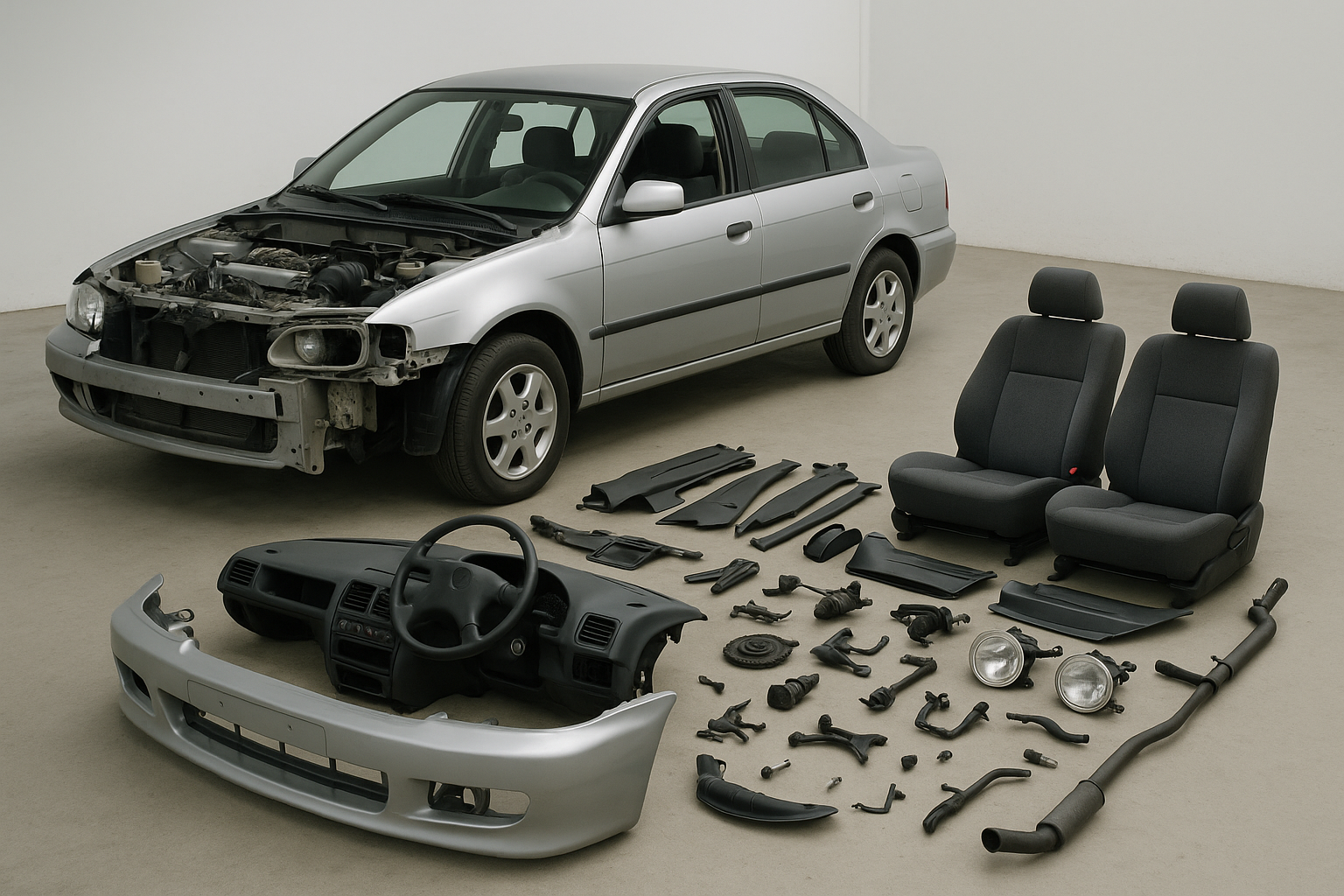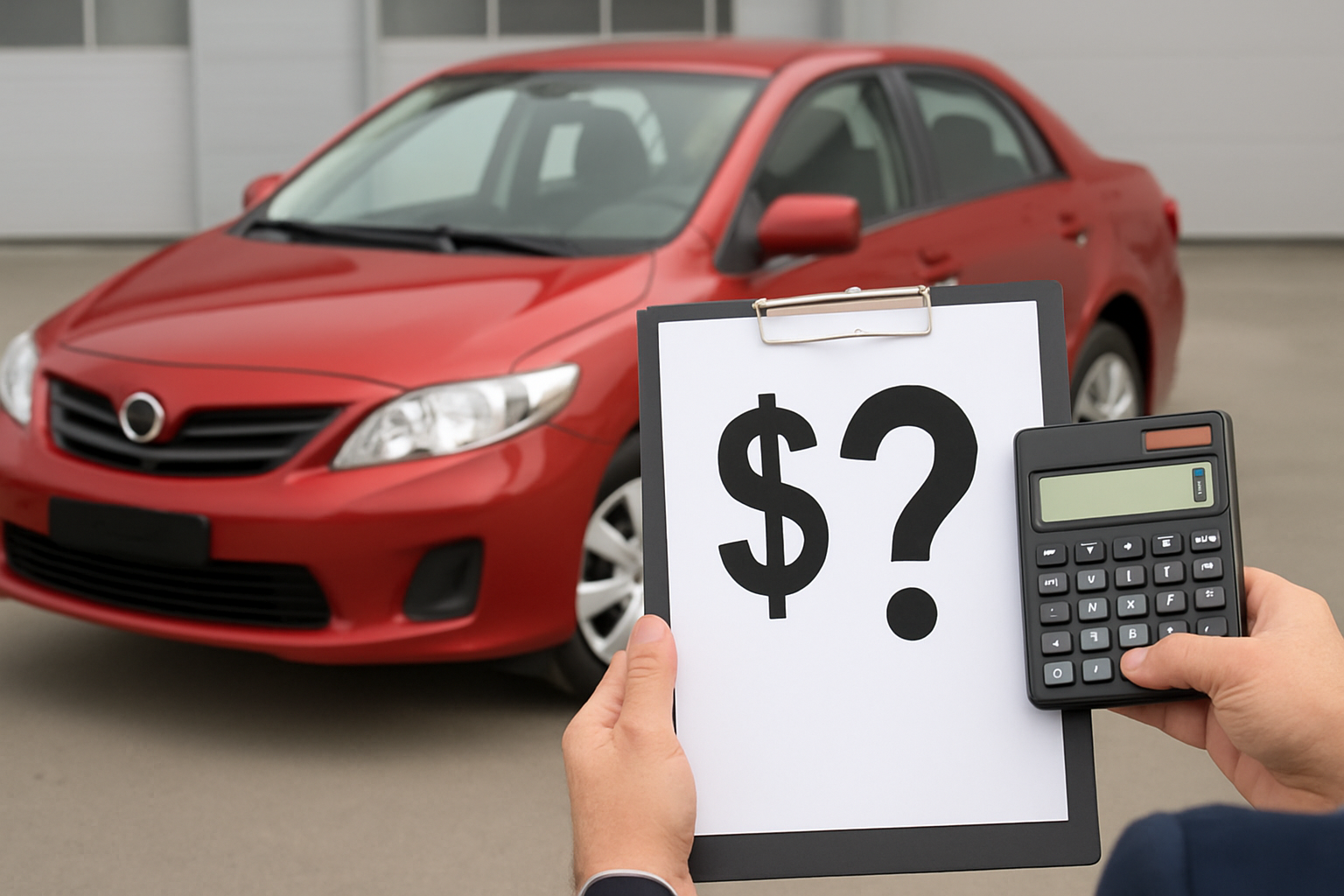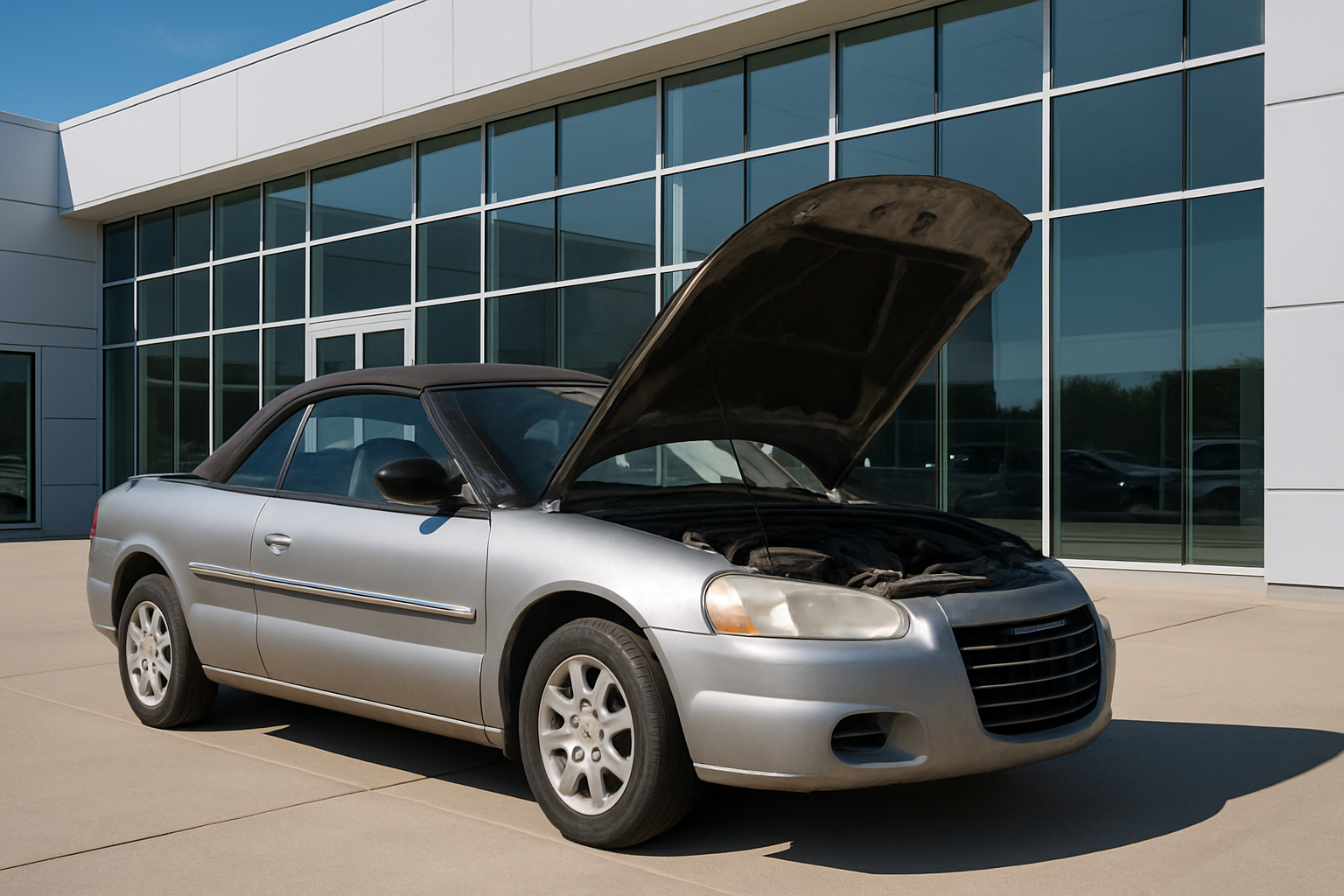Deciding to sell your car for parts can be a strategic move for those looking to maximize the return from an older or damaged vehicle. This guide will navigate you through the nuances of whether to sell your car as parts, identify the most marketable components, and how to secure the best price for them. Whether your car has reached the end of its road or you're simply exploring more profitable avenues, understanding how to dismantle and sell your car for parts efficiently is essential.
Should I Sell My Car for Parts or Fix It?
When faced with a car that requires significant repairs, deciding whether to fix it or sell it for parts is crucial. Consider the cost of repairs, the car's current condition, and its remaining life expectancy. If the repair costs exceed the vehicle's value or if it's nearing the end of its useful life, selling your car for parts could be the more cost-effective choice. Regular maintenance plays a role in this decision, as a well-maintained vehicle may have more salvageable parts that are worth selling.
Engaging with an insurance company might give you insights into the value of your car and the cost-effectiveness of repairs, offering a better idea of the next steps. Before you decide, analyze the process of dismantling and selling parts individually, considering if you have the necessary access and tools. For example, a buyer looking for a specific part can offer a higher price than selling the car whole. This approach requires patience and a bit of research but can lead to maximized returns. Ultimately, assessing all these factors will guide you to make an informed decision on whether to repair or sell your car for parts.
Who Buys Auto Parts?
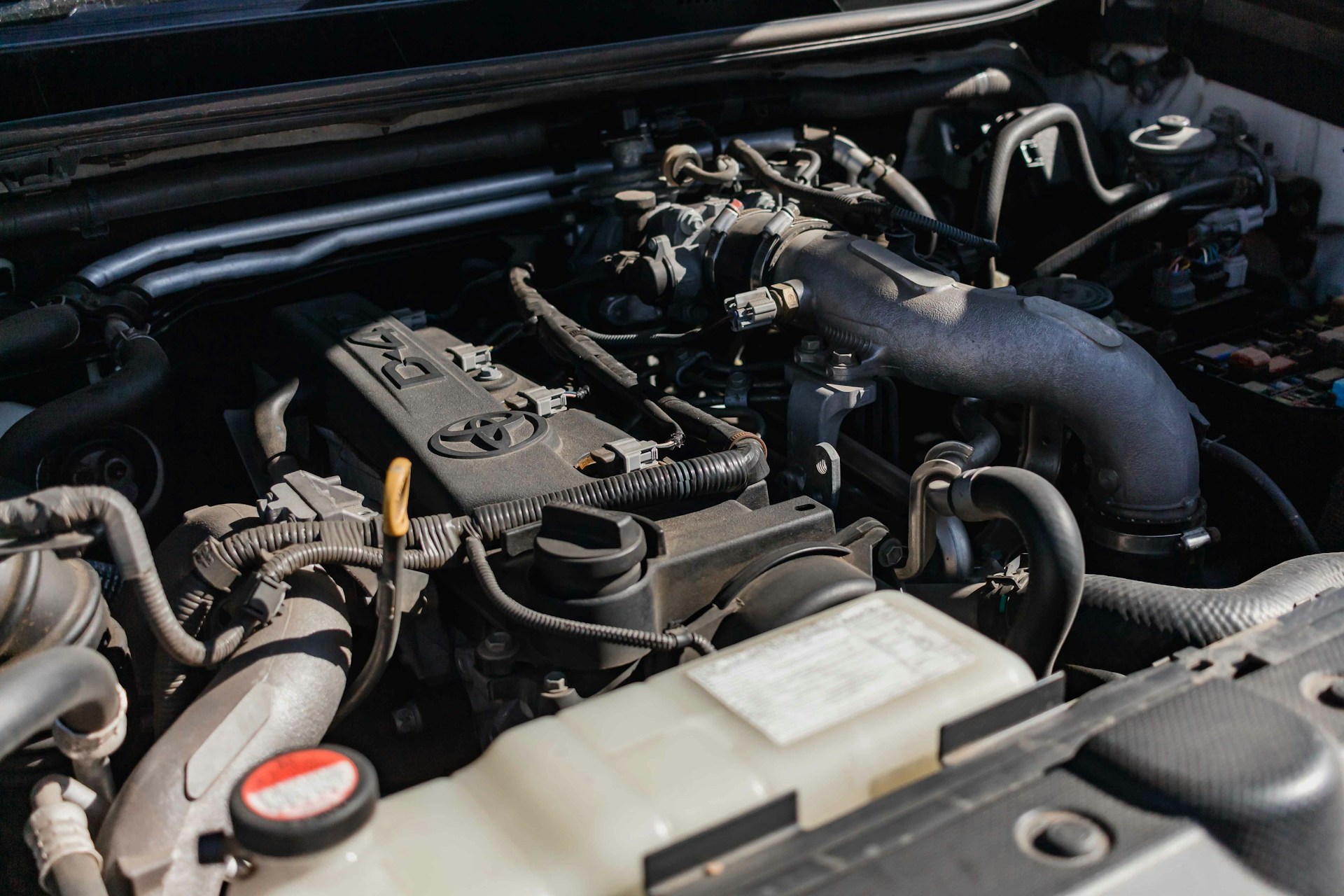
The market for auto parts is diverse, encompassing salvage yards, private buyers, online marketplaces, and companies specializing in used car parts. Salvage yards often purchase entire vehicles to dismantle and sell the parts. Private buyers and mechanics might be searching for specific parts for repairs or projects. Selling car parts online has also become a viable option, with platforms dedicated to connecting sellers with potential buyers worldwide.
This wide-reaching market offers customers a range of options when looking for used parts, making it easier to find buyers for individual car parts. By targeting these segments, sellers can often secure a better return on their components than by selling their car as a whole. The key to success lies in understanding the needs of your buyer and the current demand within the market. For those parts that may not attract immediate interest, patience is required as the right buyer could be just around the corner. Ultimately, selling your car part by part may take time, but it allows you to potentially recuperate more value from the rest of your vehicle, piece by piece. This strategy taps into the thriving market for used parts, where both sellers and buyers benefit from the transaction.
The Most Marketable Car Parts
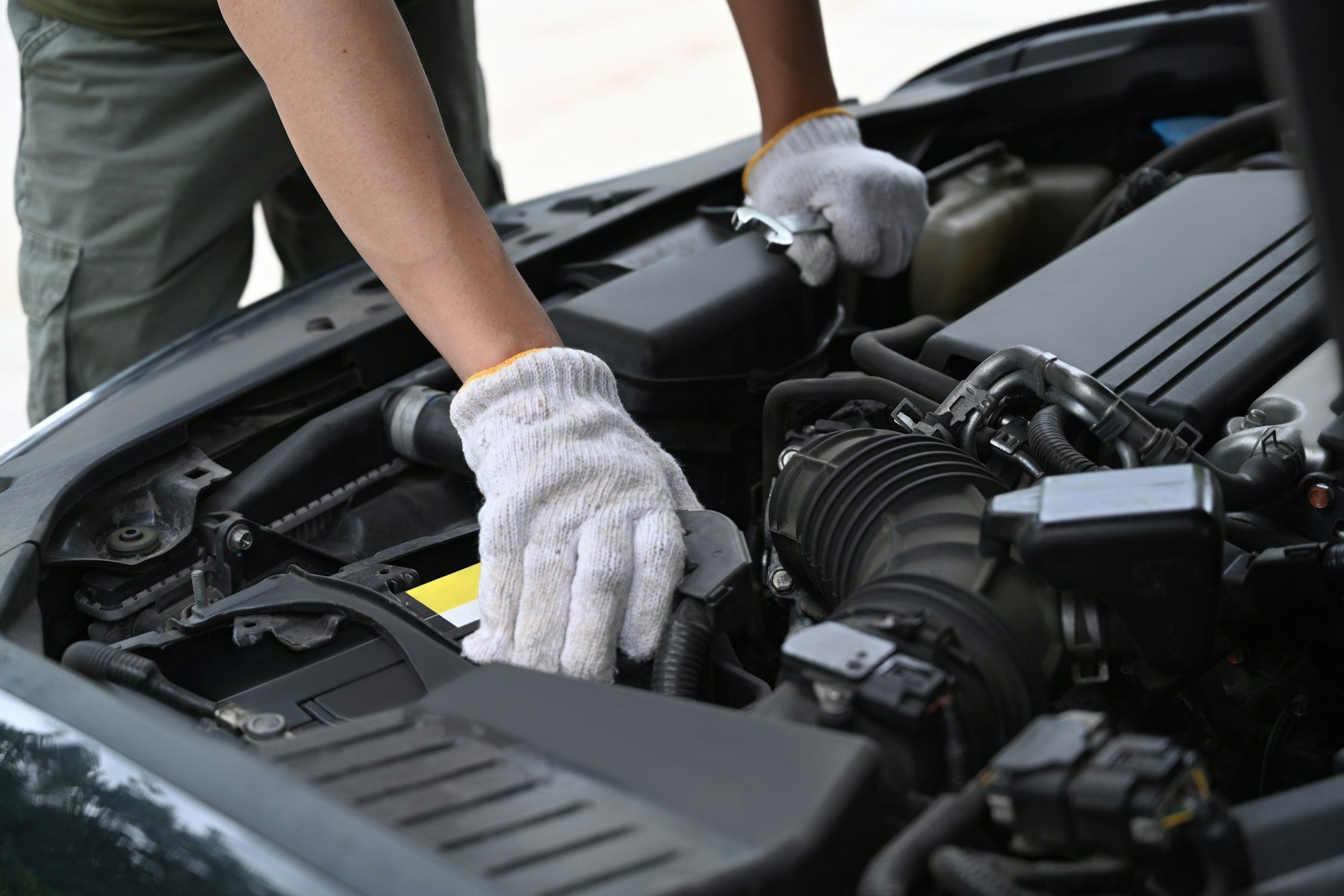
Certain car parts are consistently in high demand due to their durability and the cost of new replacements. Engines, transmissions, and electronic modules top the list of the most valuable parts. Other sought-after items include seats, especially if they're in good condition, door handles, tires, and even smaller components like dashboard instruments and switches. Identifying these valuable parts can significantly increase your profit when dismantling your car.
Learning how to sell your car for parts effectively can maximize the amount of money you retrieve from an older vehicle, providing funds that might contribute towards a new car. The process of selling auto parts involves not just the removal and sale of these items but also understanding the market and connecting with the right customers. When you decide to dismantle your vehicle for parts, it's crucial to consider the demand for each component among buyers. Those restoring cars or seeking cost-effective repair solutions often search for high-quality, used parts. By targeting these individuals, you can ensure that your car's parts find a new life in other vehicles, turning what might have been wasted into valuable resources for others. This approach not only benefits the seller but also supports the sustainability of resources in the automotive industry.
Stripping Your Car for Parts
Dismantling your car for parts requires a systematic approach to ensure you maximize the value of salvageable components. Begin by removing the most valuable parts, such as the engine, transmission, and easily accessible electronics. Take good pictures and document each part's condition to enhance your sale listings. Remember, the goal is to carefully extract each component to preserve its value to potential buyers.
After securing the sale of high-demand items like the engine and transmission, turn your attention to other parts that can also fetch a good price. Tires, if in good condition, can be quite lucrative, especially if they're sold with the rims. Don't overlook the interior components; all the seats, if well-maintained, can attract buyers looking to replace or upgrade their car's interior. Once these items are sold, evaluate the remaining parts for potential value. Even seemingly insignificant components can be of interest to the right buyer. The key is to inventory every part, no matter how small, as someone, somewhere, might be searching for exactly that piece to complete a repair or restoration project. This thorough process ensures you extract maximum value from your car, piece by piece, leaving no potential money on the table.
Getting a Fair Price for Car Parts
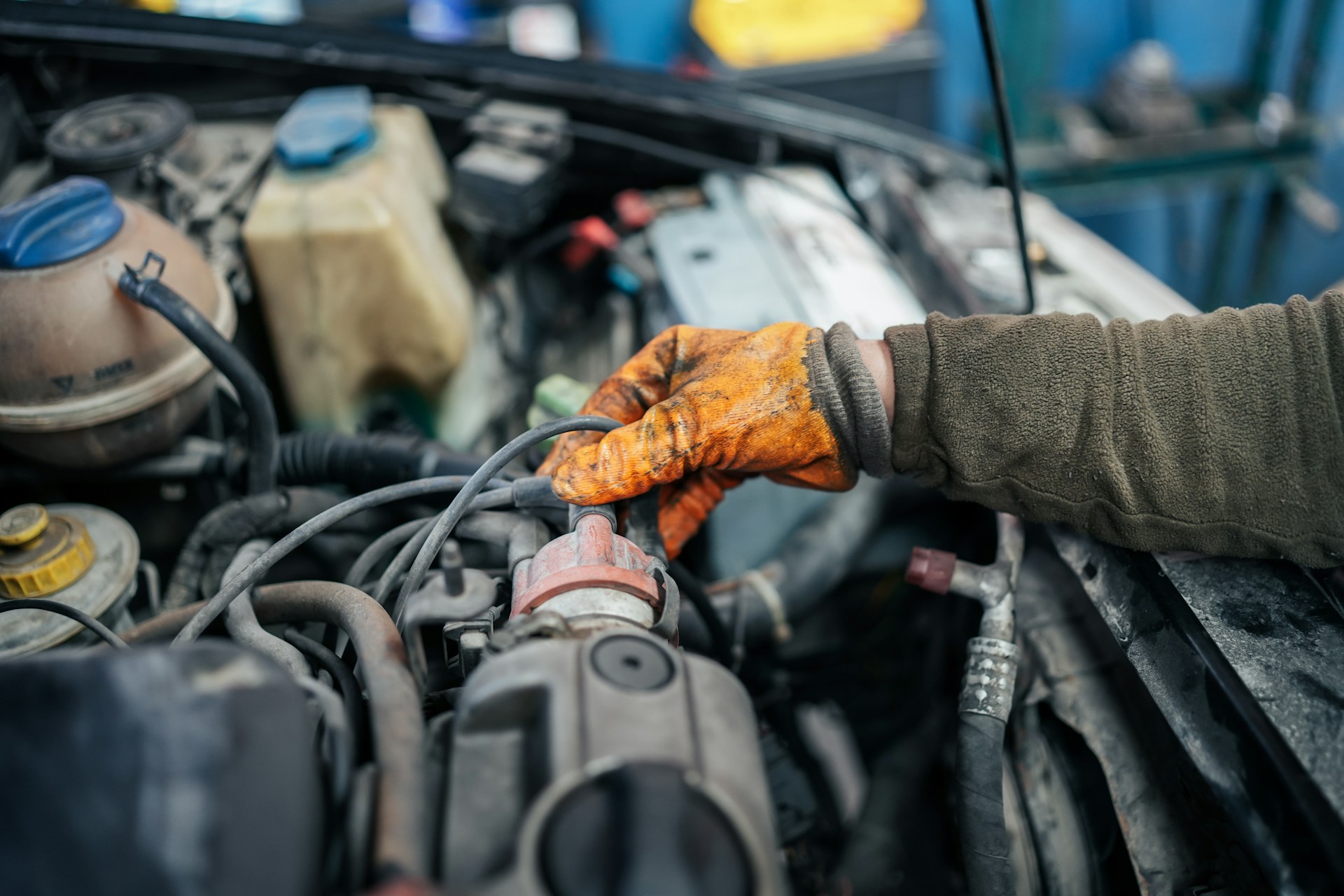
To get a fair price for your car parts, research is key. Search online for the going rate of each specific part and compare prices across different platforms to gauge the market value. When selling individual parts, providing detailed descriptions and high-quality photos can attract more buyers and secure a higher price. Additionally, understanding the demand for specific components in your area can help you target your sales more effectively.
Furthermore, consider reaching out to local mechanics and auto repair shops who may be interested in purchasing spare parts for repairs or restorations. These professionals often seek quality components at a lower cost than new parts, making them potential buyers for what you have to offer. Learning how to sell your car for parts also involves networking and building relationships with these industry players. Utilizing social media and automotive forums to advertise your parts can increase visibility to a broader audience. Additionally, some companies specialize in buying specific types of car parts or even entire cars for dismantling and resale. Contacting these companies can simplify the selling process, as they often offer to purchase multiple parts or the entire vehicle, reducing the effort required to sell each piece individually. This approach can streamline the transaction, making it easier for you to convert your car into cash efficiently.
Other Choices for Disposing of a Dead Car
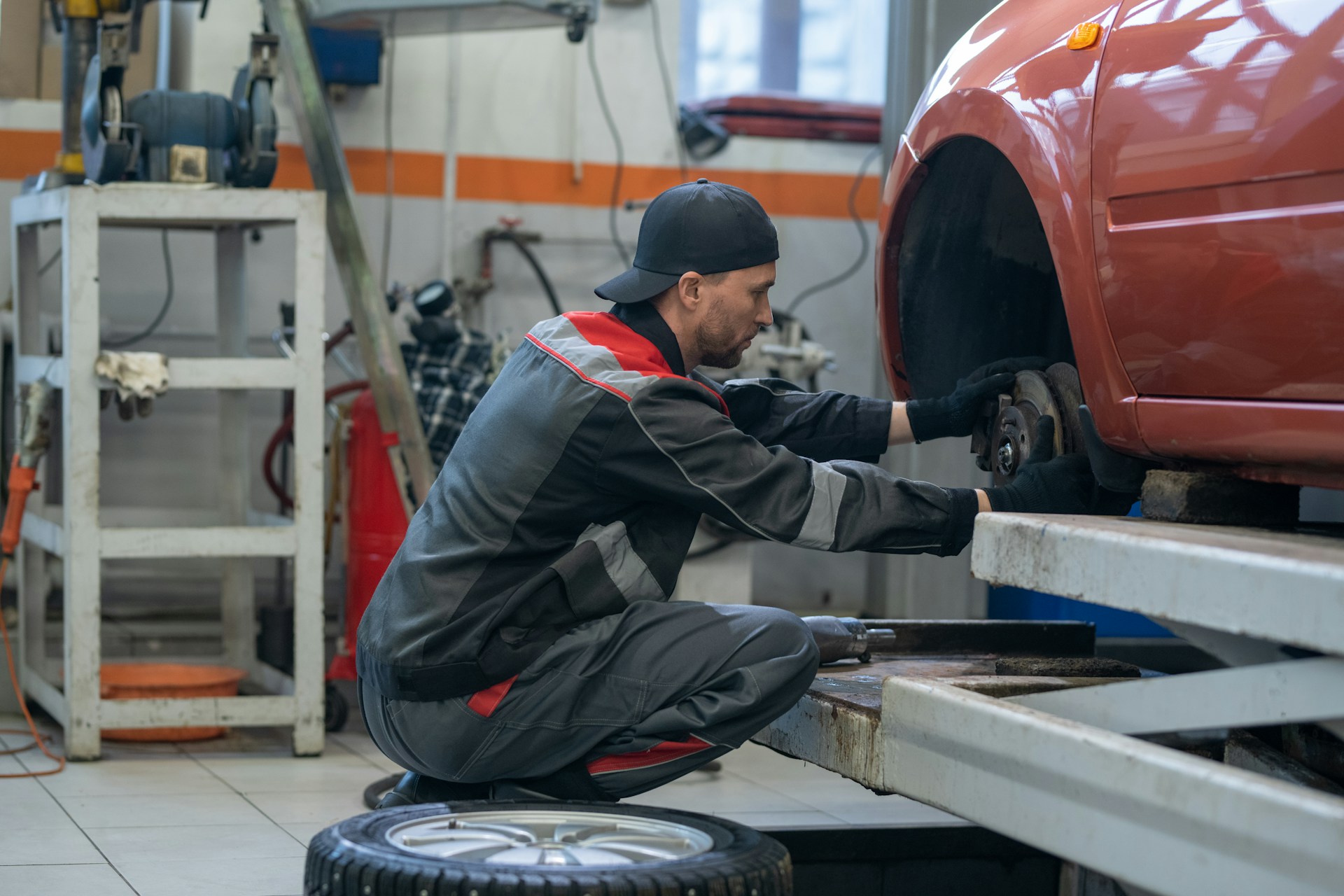
If selling your car for parts seems too daunting or if the vehicle is too far gone, other options include selling the car as scrap to a salvage yard or trading it in for a new car. Some salvage yards will take the entire vehicle off your hands, offering cash based on its scrap value. Alternatively, trading in your old car when purchasing a new one can provide a hassle-free way to dispose of it, although this might not always yield the most money.
Before you decide to proceed with either option, it’s beneficial to assess the potential returns from a salvage yard versus a trade-in deal. Visiting a junkyard can give you an idea of the current market value for scrap vehicles, allowing you to negotiate better. It's also worth considering the condition of your car; if it has salvageable parts that are in demand, a salvage yard may offer more money than a typical trade-in. Engaging in a bit of research and seeking quotes from multiple salvage yards and dealerships can help you make an informed decision. Remember, the goal is to maximize the financial return from your old car, whether that means selling it for parts, as scrap, or using it as leverage towards the purchase of a new vehicle. This strategic approach ensures you explore all avenues to find the most beneficial outcome for your specific situation.
Summary
Selling your car for parts can be a lucrative option for those with the time and knowledge to dismantle their vehicle properly. By focusing on the most marketable parts, conducting thorough research, and utilizing various selling platforms, you can maximize your returns. Remember, the decision to sell should be based on a cost-benefit analysis considering repair costs, the vehicle's condition, and the potential value of its parts. Additionally, leveraging connections with mechanics, salvage yards, and online marketplaces can significantly broaden your pool of potential buyers, increasing the chances of selling each part at a fair price. It's also essential to stay informed about the current demand for auto parts, as this knowledge will guide you in setting competitive prices and targeting your sales efforts effectively.
Tips and Q&A
-
What Car Parts Take the Longest to Fix?
Engine and transmission repairs are often the most time-consuming, due to their complexity and the need for specialized knowledge and tools.
-
What Is the Demand for Auto Parts Right Now?
The demand for auto parts fluctuates based on various factors, including the popularity of DIY repairs and the prevalence of certain vehicle models. Generally, engines, transmissions, and electronic components remain in high demand due to their essential role in vehicle operation and the high cost of new parts.
-
Who Pays the Highest Price for Junk Cars?
Salvage yards and companies specializing in used car parts typically offer competitive prices for junk cars, as they can profit from selling individual parts. However, prices can vary widely, so it's advisable to get quotes from multiple buyers to ensure you're getting the best deal.

